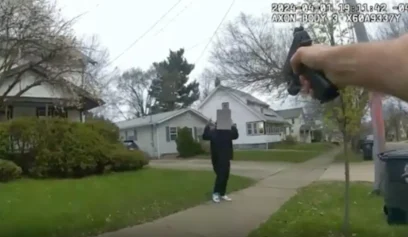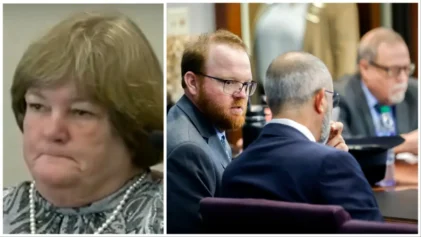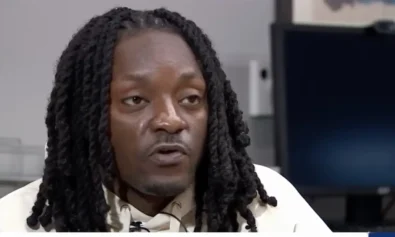The world of collegiate speech and debate has been rocked since multiple Black competitors from Spelman College and Morehouse College came forward with claims of alleged racial taunting that went unchecked by tournament judges during a national debate championship in April.
The alleged taunting took place the weekend of April 16 to 17 during the virtual United States Universities Debating Championship. The competition marked not only the national championship, but also the last tournament of the debate season.
Members of both historically Black College and University teams say racially laced micro-aggressions, mocking, rolling of eyes and depictions of Black debaters as caricatures were witnessed.
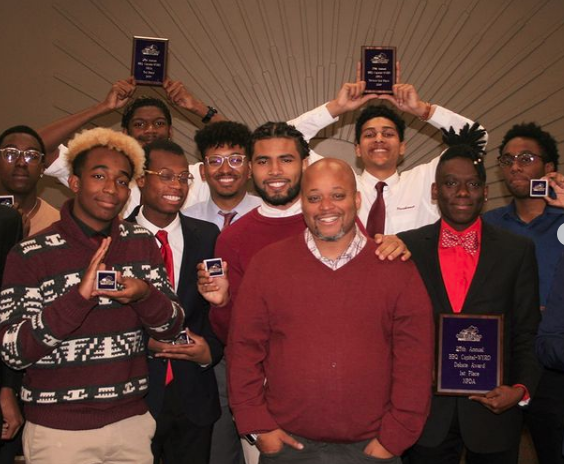
Some Morehouse debaters could see others mocking their speeches with “micro-aggressive, anti-Black behaviors,” said Kenneth Newby, director of the debate program, who spoke to Atlanta Black Star. Newby told WXIA-TV 11 Alive that “cameras of some of the other debaters in the room were turned on, when they should have been off.”
By the fifth round, Newby said his team had reached a breaking point.
“They couldn’t take it anymore,“ said Newby, who is also an Atlanta-area attorney. “What they experienced in that round of the debate, for them, was so traumatizing that they didn’t want to continue debating in the competition, anymore,” Newby said of his team that has seen great success over the years as it competed nationally in debate tournaments. He said “never before has a national championship been stopped and canceled, and had anti-Blackness issues within a debate space.”
Newby told ABS that students followed “the procedures of the tournament and reported” their complaints. He also addressed the concerns of his team with the tournament’s equity team. As a result, he said tournament officials promised them “public responsibility, but public responsibility did not come.” He said he was then told “we’re working on it.” Meanwhile, Newby had a drafted statement ready to share. He posted those comments in an application controlled by the tournament, in two separate areas where questions could be posted to chief adjudicators and to the organizational committee for the tournament.
“They weren’t doing what they said they were going to do to address the issue,” he said. “They should have made a public announcement in the general auditorium. They should have condemned” the actions, he said by stating that “the tournament was not going to accept this kind of behavior.” Those types of immediate steps should have followed, he said.
Similar acts reportedly were endured by Spelman’s team, which also made for the only Black team in each of its rounds. At one point, a member of the team alleged a white competitor alluded to “Black people being fit for hard labor,” further showing how the debate space was immune to tone deaf and racist rhetoric.
“Black competitors across the entire tournament experienced similar, if not worse, occurrences of racism and micro-aggressions,” said the team in a social media post. Both Spelman and Morehouse exited the tournament along with Vanderbilt University, Clemson University and others.
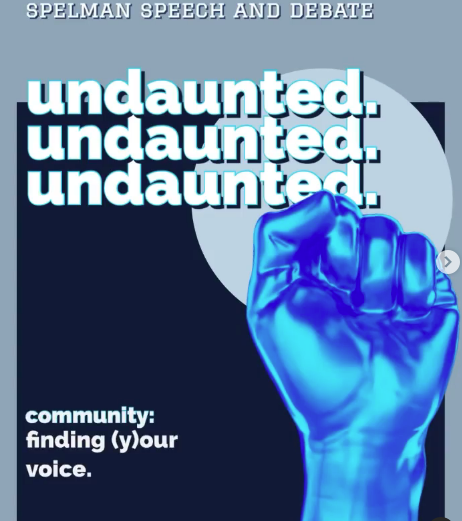
“If we genuinely care about the longevity of tournaments and social progress, these issues must be addressed. Not as a singular issue, but a more significant broader issue about the construction of these debate tournaments. People feel comfortable saying such egregious comments because the tournament has created the space to do so,” the post by Spelman’s team continued.
Taking matters further, members of Spelman’s team led a discussion with fellow debaters and debate coaches on the realities of anti-Blackness and how it has permeated all facets of life, not just the collegiate debate space.
“We [as a team] made the effort to think about what this means for Black debaters moving forward. We were hard at work, stemming from our collective passion for this topic.”
Following the turn of events, the tournament’s equity team released a statement of its own, assuming responsibility for “anti-Blackness and racism that transpired. As a team, we want to acknowledge our collective failure to recognize the importance of this equity complaint when it was brought to us and our failure to properly internally communicate about events as they unfolded. As a result we delayed appropriate action and we take full responsibility for the harm caused,” read the statement in part.
“This moment has created a unique opportunity with us to address” racism in the debate space, said Newby, who has served as Morehouse’s coach since 2011, seeing that team in 2015 to the final round of the USUDC against teams from Harvard University, Yale University and Brown University. Each year since, the team has advanced to elimination rounds in that same competition. “I think it’s going to take all of us thinking about it,” he added. More representation of Blacks within the debate space, including Black judges and Black debaters, he said, is needed.
The lack of diversity and the experiences faced during the national championship have led to a group of coaches, including Newby, “getting together in online spaces to start to discuss improving equity within the debate space.” These coaches represent programs that regularly participate in the tournament, including Clemson, the University of Vermont, Hobart and William Smith Colleges, the University of Alaska, University of Miami, Vanderbilt University and Cornell University. Their focus will be to tackle “inappropriate conduct, whether that be sexism” or homophobia. “Someone could file an equity complaint based on that inappropriate conduct and ask that the equity team address it. We filed an equity complaint and it wasn’t properly handled. It’s a failure on multiple fronts. They’re fundamentally equity issues.”
He added, “It’s impossible to think we’re going to rule racism out of the debate space when it’s not ruled out of America itself.” But groups like the team of coaches that has organized can work to put “mechanisms in place to address the issues,” he said.
